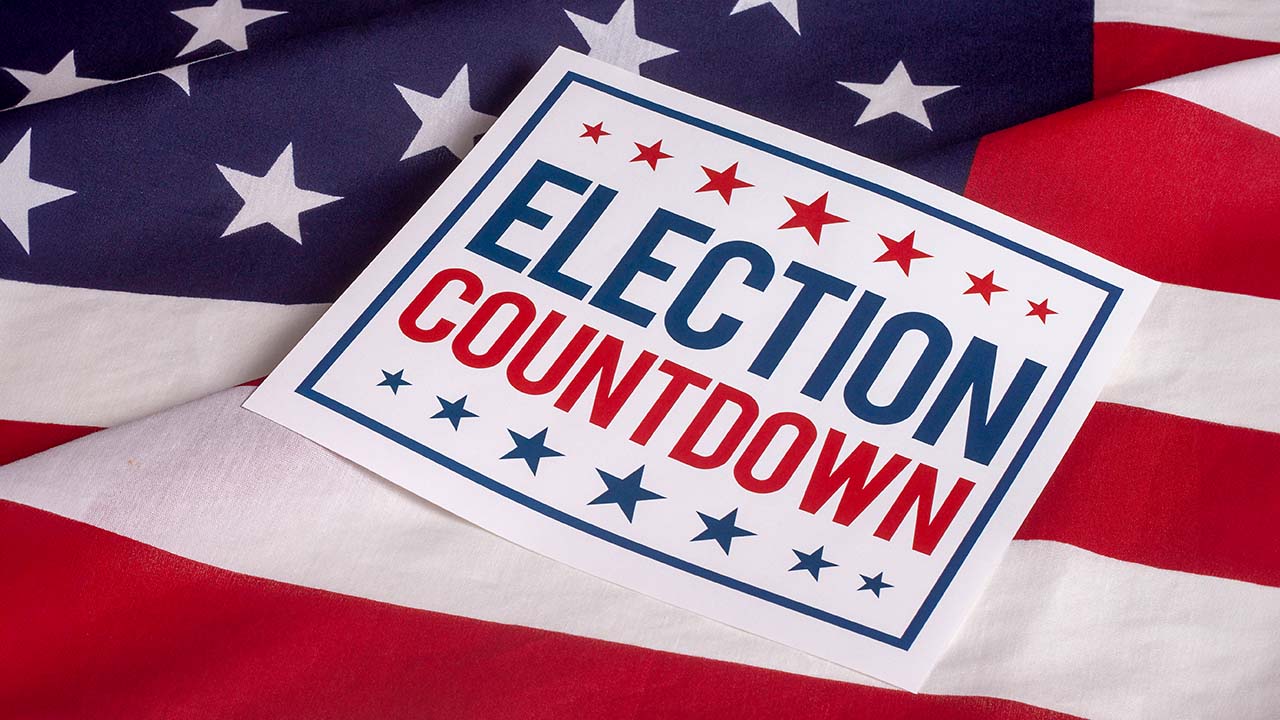Changes in Store for 2024 Election

danielfela/Adobe Stock
Election season gets an early start this year and, for the first time, voters will be able to cast ballots early.
The primary
In September, the General Assembly moved up the date of Connecticut’s presidential preference primary by four weeks, from the last Tuesday of April to the first. The state’s primary this year will be held on April 2.
“Moving the date of our presidential primary slightly earlier will give voters of all political parties in Connecticut a greater voice in the outcome of these primaries,” said Governor Ned Lamont at the time, noting that the move came at the request of “leaders from both major political parties.”
Early voting
The primary will be the first opportunity in Connecticut to vote before Election Day without obtaining an absentee ballot. An amendment to the State Constitution approved in the 2022 election authorized the Legislature to set early voting periods, which it did last year.
There will be four days of early voting for the April 2 presidential primary and 14 days for the general election in November. (The law provides for seven days of early voting for most other primaries, and four days for special elections.)
Absentee voting
No changes are in store for voting by absentee ballot in 2024, but a proposed amendment to the State Constitution could change that for future elections.
The November ballot will include the question: “Shall the Constitution of the State be amended to permit the General Assembly to allow each voter to vote by absentee ballot?”
Currently, the Constitution stipulates that applications for absentee ballots must state an allowed excuse: active military service, absence from town during voting hours, illness or physical disability, religious beliefs precluding secular activity on election day, or service as an election official at a different polling place.
The amendment, if approved, would erase those requirements and give current and future legislators the ability to set absentee rules. The existing provisions were temporarily relaxed during the pandemic, but are back in effect now.
